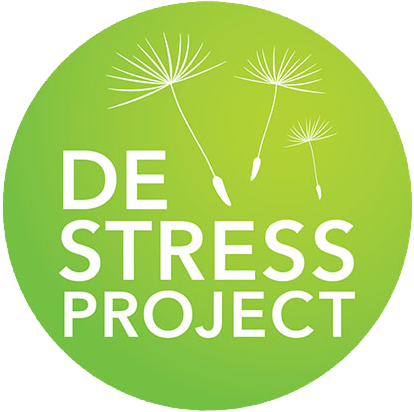Conference 2019 – Poverty, Pathology and Pills
Day 1 – Session 3
Links between poverty, deprivation and mental health
Day 1 - Session 3
Mental health in struggle: community action on austerity and welfare reform
Lynne Friedli, Centre for Welfare Reform
This paper reflects on a growing body of evidence on the damaging mental health impact of key aspects of welfare reform, including the impact of benefit cuts, workfare, sanctions, greater conditionality and the heightened sense of stigma attached to claiming benefits, notably for disabled people. Drawing on personal testimony from claimants, I will also look at the rise of psychological conditionality and the impact of psychological explanations – and prescriptions – for unemployment. Finally, I’ll consider what we can learn from the resistance: the mental health, disability rights and grass roots trade union activists who came together in solidarity to expose the mental health consequences of austerity.
Family income inequalities and self-harm in young people
Pearl Mok, The University of Manchester
Childhood poverty is associated with elevated risks for self-harm, but how risks are modified by parental socioeconomic mobility remains unclear. We investigated parental income trajectories during childhood and subsequent risks of self-harm.
Using Danish national registers, we constructed a nested case-control study of all first registered episodes of self-harm (N=21,267) at ages 15-33. Each case was matched to 25 controls on sex and age using incidence density sampling. Parental income was assessed in the birth-year, and at ages 5, 10 and 15. Incidence rate ratios (IRRs) were estimated using conditional logistic regression.
Results: Childhood family income is strongly linked with later risk of self-harm, with individuals growing up in the lowest income families having disproportionately elevated risks. The longer a child lived in poorer circumstances the higher their subsequent risks, and vice versa for time spent living in affluent conditions. Tackling the underlying causes of family poverty and income inequality, and associated psychosocial and sociocultural challenges to enable upward socioeconomic mobility, could potentially ameliorate risks for self-harm in young adults.
Impact of poverty and isolation on mental wellbeing in lone parenthood
Laurie Anne Campbell & John McKendrick, Glasgow Caledonian University
The association between lone parenthood and poverty is long-standing and widely understood. However, there is no universal agreement over what should follow from this knowledge, with responses varying dramatically between those who perceive lone parents per se to be root of the problem, and those who rail against the poverty that is experienced by them. There is also much less certainty over the wider implications for lone parents of living with poverty.
This paper reflects on the experiences of almost 900 lone parents in Scotland who shared their thoughts on life as a lone parent, isolation and well-being in a study administered by the Scottish Poverty and Inequality Research Unit (SPIRU) on behalf of One Parent Families Scotland (OPFS). Drawing on survey evidence and one-to-one in-depth interviews, in this paper we demonstrate the ways in poverty history and trajectory is associated with mental distress and isolation among lone parents. In light of the Child Poverty (Scotland) Act 2017 and the identification of lone parent families as one of the six priority groups in the Delivery Plan, we consider the implications of these findings for the prospects of eradicating child poverty in Scotland by 2030.







